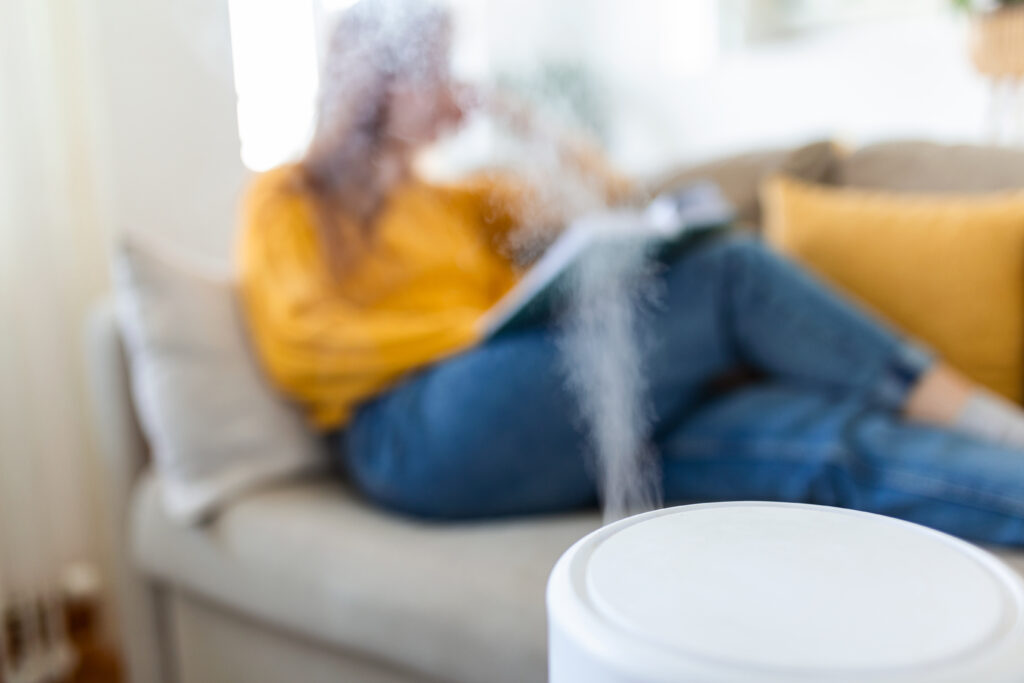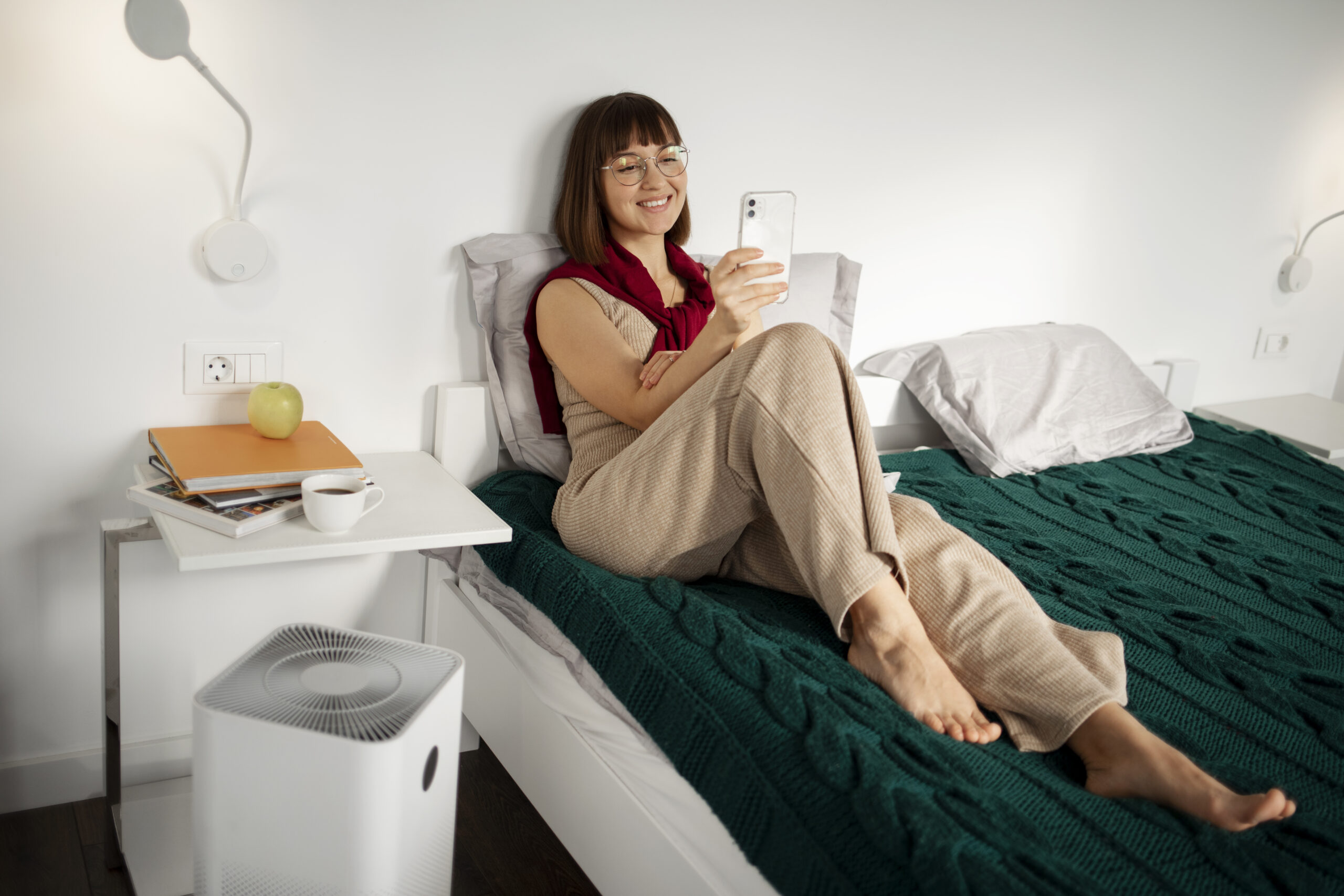Introduction
- How Air Purifiers Work to Reduce Allergies
- Air Purifiers Eliminate All Allergens
- All Air Purifiers Are the Same
- Fact: Air Purifiers Reduce Allergy Symptoms
- How to Choose the Right Air Purifier for Allergies
- Best Practices for Allergy Relief with Air Purifiers
- Top Air Purifiers for Allergies
- Air Purifiers Are Expensive to Operate
- Fact: Air Purifiers Can Reduce Medication Use
- The Role of Humidity Control in Allergy Relief
- Future of Air Purifiers for Allergy Relief
- Air Purifiers for Allergies: A Breath of Fresh Air for Allergy Relief
- Conclusion
- FAQs
The use of air purifiers for allergies offers a highly effective way to achieve long-lasting allergy relief. Designed to filter out allergens like dust, pollen, pet dander, and mold spores, air purifiers create a cleaner and healthier indoor environment. With advanced technologies such as HEPA filters and activated carbon, these devices target common allergy triggers, reducing symptoms and improving overall comfort. An air purifier can greatly improve your quality of life, whether you deal with seasonal allergies or persistent sensitivities year-round. Let’s explore how these devices work and why they’re essential for allergy management.
How Air Purifiers Work to Reduce Allergies
Air purifiers help with allergies by filtering out common airborne triggers, such as:
- Pollen: A seasonal irritant that enters your home through windows, doors, and clothing.
- Dust Mites: Microscopic organisms found in bedding, carpets, and furniture.
- Pet Dander: Tiny skin flakes shed by pets, a common allergen for sensitive individuals.
- Mold Spores: Thrive in damp areas and can cause respiratory issues.
- Smoke and VOCs: Indoor pollutants that exacerbate allergy symptoms.
Using HEPA filters, air purifiers capture 99.97% of particles as small as 0.3 microns, significantly reducing allergens and improving indoor air quality.
Air Purifiers Eliminate All Allergens
Fact:
While air purifiers are highly effective, they cannot remove every allergen in your home. Allergens like dust mites and pet dander that settle on surfaces require additional cleaning efforts, such as vacuuming, dusting, and washing linens.
All Air Purifiers Are the Same
Fact:
Not all air purifiers are equally effective. True HEPA air purifiers are the gold standard for allergy relief, while models without HEPA filters or with “HEPA-like” labels may not provide the same level of efficiency.
What to Look For:
- True HEPA Filters: Capture the smallest allergens.
- Activated Carbon Filters: Eliminates unpleasant odors and volatile organic compounds (VOCs) from the air effectively.
- UV-C Technology: Kills airborne bacteria and viruses.
Fact: Air Purifiers Reduce Allergy Symptoms
Scientific studies have shown that air purifiers can significantly reduce airborne allergens, improving the quality of life for allergy sufferers. For example, a study published in the Journal of Allergy and Clinical Immunology found that air purifiers reduced particulate matter and allergen concentrations indoors, leading to fewer symptoms.
How to Choose the Right Air Purifier for Allergies
Match the Room Size:
Select a purifier with a Clean Air Delivery Rate (CADR) suitable for your space.
Opt for HEPA Technology:
True HEPA filters are essential for trapping allergens like dust, pollen, and mold spores.
Consider Additional Features:
- Activated Carbon Filters: Remove odors and smoke.
- Air Quality Monitors: Provide real-time feedback on indoor air quality.
Noise Levels:
Choose quieter models for bedrooms or shared spaces.
Best Practices for Allergy Relief with Air Purifiers
- Place Purifiers Strategically: Position them in high-traffic areas or near allergy sources like pet beds or open windows.
- Run Continuously: For best results, run the air purifier 24/7.
- Replace Filters Regularly: HEPA filters typically need replacement every 6–12 months.
- Pair with Regular Cleaning: Vacuum carpets and wash linens to reduce allergens that settle on surfaces.
Top Air Purifiers for Allergies
1. Levoit Core 400S
- Features: True HEPA filter, activated carbon, smart app control
- Best For: Small to medium rooms.
- Price: $200
2. Dyson Pure Cool TP07
- Features: HEPA filtration, real-time air quality monitoring, and fan functionality.
- Best For: Stylish and efficient air cleaning.
- Price: $600
3. Honeywell HPA300
- Features: High CADR, True HEPA filter, large coverage area.
- Best For: Large spaces and heavy allergen loads.
- Price: $250
4. Blueair HealthProtect 7470i
- Features: Advanced filtration, smart features, ultra-quiet operation.
- Best For: Premium performance for allergy sufferers.
- Price: $800
Air Purifiers Are Expensive to Operate
Fact: Many modern air purifiers are energy-efficient, with Energy Star certifications that keep electricity consumption low. Proper maintenance, such as regular filter replacements, also ensures long-term cost savings.
Fact: Air Purifiers Can Reduce Medication Use
By reducing exposure to allergens, air purifiers may decrease the need for antihistamines and other allergy medications, leading to fewer side effects and lower healthcare costs.
The Role of Humidity Control in Allergy Relief
Pairing an air purifier with a dehumidifier can further enhance allergy relief. Dust mites and mold thrive in humid conditions, so maintaining indoor humidity between 30–50% can help prevent allergen growth.
Future of Air Purifiers for Allergy Relief
- Smart Features: Integration with IoT for real-time monitoring and control.
- Advanced Filters: HEPA filters combined with nanotechnology for ultrafine particle capture.
- Eco-Friendly Designs: Sustainable materials and energy-efficient systems.
Air Purifiers for Allergies: A Breath of Fresh Air for Allergy Relief

Air purifiers for allergies are a game-changer for those struggling with seasonal or year-round allergens. These devices use advanced filtration systems to capture airborne particles that trigger allergic reactions, such as dust, pollen, pet dander, and mold spores.
- HEPA Filters: Capture 99.97% of particles as small as 0.3 microns, ensuring allergens don’t circulate in your indoor air.
- Activated Carbon Filters: Neutralize odors and volatile organic compounds (VOCs) for a fresher environment.
- Allergy Relief: By reducing allergen levels, air purifiers can alleviate symptoms like sneezing, congestion, and itchy eyes.
Conclusion
Air purifiers are a powerful tool for managing allergies, helping to remove airborne irritants and create a healthier living environment. While they are not a cure-all, their ability to reduce allergens like pollen, pet dander, and mold spores can significantly improve your quality of life. By understanding the myths and facts about the best air purifiers and choosing the right device for your needs, you can take a proactive step toward allergy relief and better indoor air quality.
FAQs
Can air purifiers completely cure allergies?
No, but they significantly reduce airborne allergens that trigger symptoms.
How often should I use my air purifier?
For best results, run your air purifier continuously.
Do all air purifiers use HEPA filters?
No. Ensure the model you choose explicitly states “True HEPA” for optimal allergen removal.
Are air purifiers noisy?
Many models offer quiet modes, making them suitable for bedrooms or offices.
What’s the best placement for an air purifier?
Place it near the source of allergens or in the room where you spend the most time.














